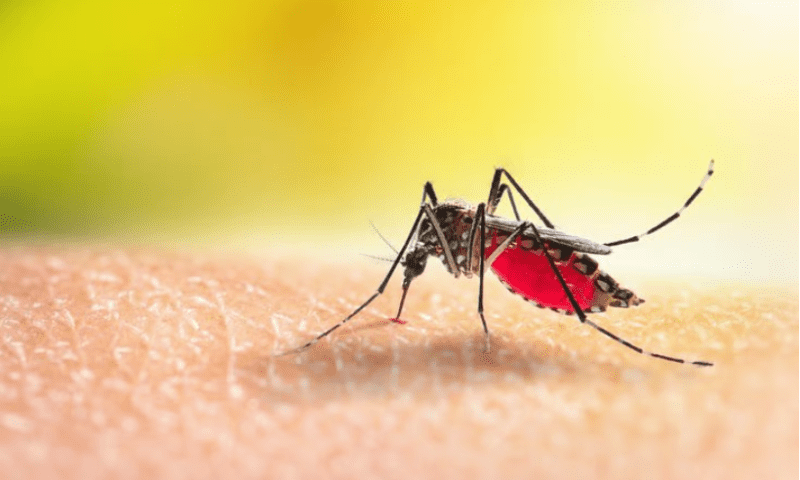New phase 2b findings show an investigational malaria vaccine booster from the University of Oxford maintained high efficacy levels a year after the initial three-shot regimen—a feat in a disease area that scientists have long struggled to develop effective vaccines and therapies.
The vaccine, dubbed R21/Matrix-M, was developed by the University of Oxford and includes Novavax’s proprietary saponin-based Matrix-M adjuvant. R21 is also being studied in a phase 3 trial aimed at licensing the shot for widespread use by 2023, with top-line results anticipated later this year.
Malaria has afflicted the world for thousands of years. In 2020, there were an estimated 241 million cases worldwide, according to the World Health Organization (WHO). The epidemics hit most harshly in sub-Saharan Africa, Asia, the Amazon basin and other tropical regions. While there is already a vaccine available—GSK’s Mosquirix—its efficacy is low, preventing just 39% of malaria cases in young children.
Last year, R21 showed up to 77% efficacy in a phase 2b trial of 450 children over 12 months—the first time a controlled trial assessing a malaria shot has hit above the WHO’s threshold of 75% efficacy.
Now, in a phase 2b continuation, researchers have found that an R21 booster had an efficacy of 80% in a higher-dose adjuvant group and 70% in a lower-dose adjuvant group one year after the primary three-dose vaccine regime, according to findings published Sept. 8 by The Lancet Infectious Diseases.
Antibody levels were recorded 28 days after the booster doses were administered among 409 children in the randomized, double-blind phase 2b trial conducted in Burkina Faso. The scientists didn’t report any serious adverse events tied to the vaccine.
“We are delighted to find that a standard four-dose immunization regime can now, for the first time, reach the high efficacy level over two years that has been an aspirational target for malaria vaccines for so many years,” said Adrian Hill, co-author of the paper and director of the University of Oxford’s Jenner Institute.
The trial has been extended for two more years to see if any more boosters are needed to maintain high efficacy.

